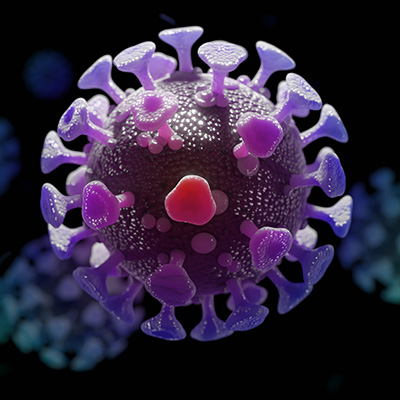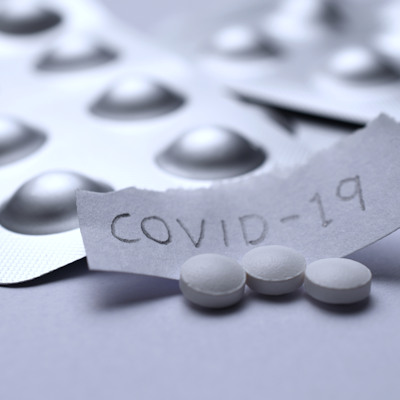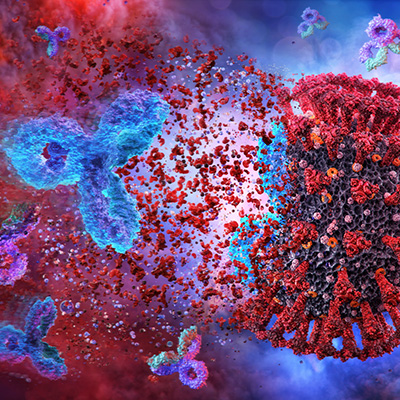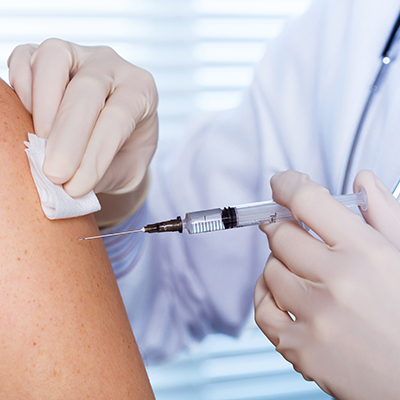November 28, 2022 -- Three subvariants of SARS-CoV-2 currently sweeping through the U.S. are better at evading vaccine- and infection-generating neutralizing antibodies than earlier versions of the virus, new research finds.
The omicron subvariants BQ.1 and BQ.1.1 account for almost half of the reported COVID-19 infections as they evade neutralizing antibodies, but the subvariant BA.2.75.2 dodges the antibodies the best. However, this subvariant is currently responsible for only a small portion of the reported illnesses (Cell Host & Microbe, November 22, 2022).
Researchers from The Ohio University tested neutralizing antibodies in blood serum samples from healthcare professionals who had received two mRNA vaccine doses and one booster shot as well as professionals recently infected against several subvariants circulating in the U.S.
The research team conducted cell culture studies using pseudoviruses and structural models of individual amino acids changed by the newest mutations on the spike protein. In doing so, they identified a few key molecules that the subvariants have rearranged so they can block antibodies from binding to the viral particles.
The modeling showed one of the amino acids, N460K, also enables the BQ.1 and BQ.1.1 particles to enter host cells more efficiently and force host cells to fuse together, a step that can increase pathogenesis.
The scientists found a twentyfold decrease in vaccine and single booster-generated antibodies that could neutralize BQ.1 and BQ.1.1 compared with neutralizing antibodies against the original SARS-CoV-2 virus. Also, neutralizing antibody levels (titers) generated by infection during the BA.1 omicron wave were significantly lower against the BQ subvariants than against the parental virus. Regarding the variants BA.4/5, antibody titers did not reach the level of detection.
Natural infection will not protect against the currently circulating omicron subvariants, according to the researchers.
Copyright © 2022 scienceboard.net










